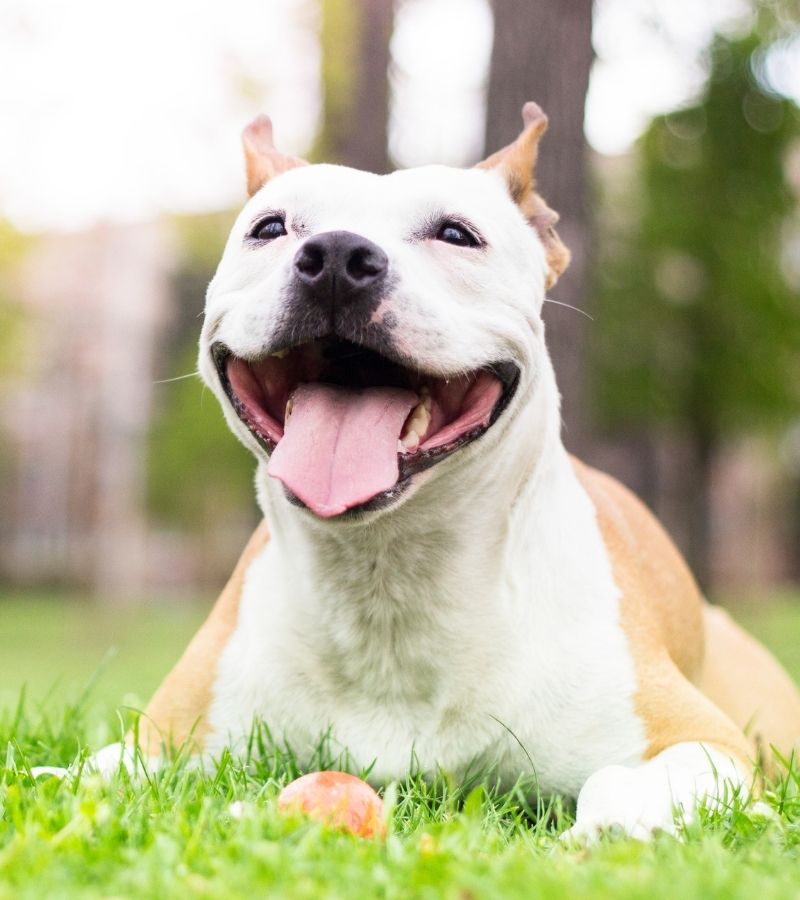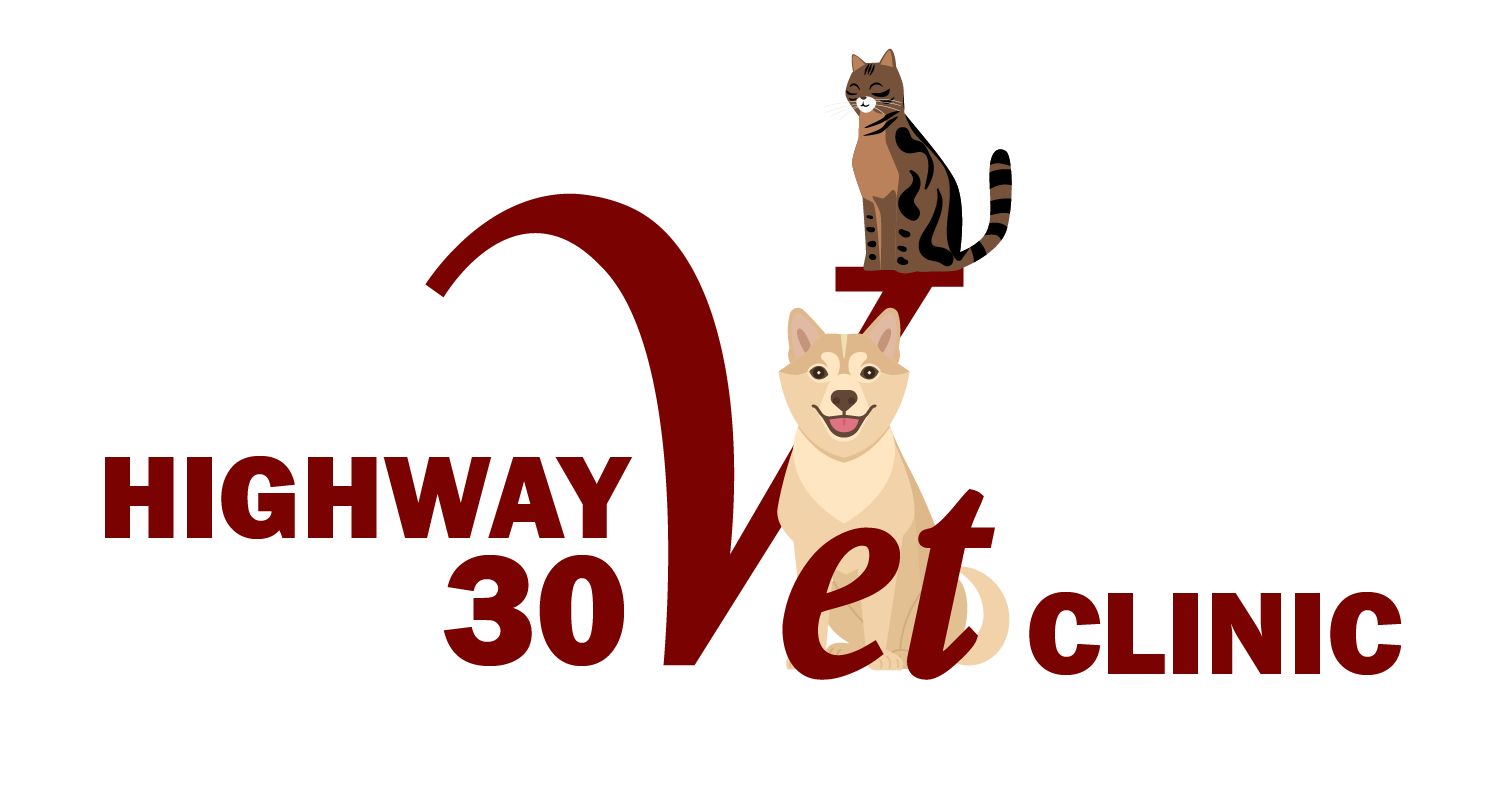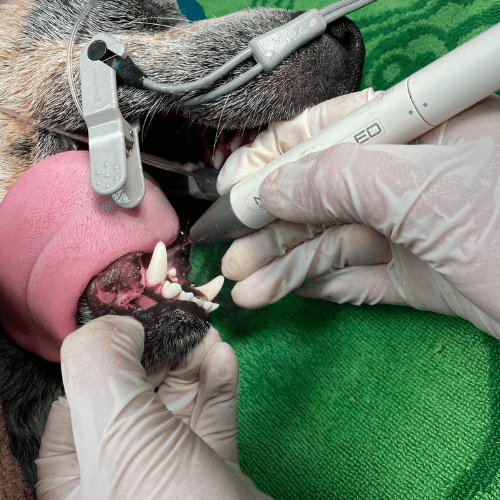College Station, TX
Pet Dental Care
Just as it’s important for you to see a dentist regularly, it’s important for dogs and cats as well. Your pet’s oral health is directly connected to their overall health.

Why: Highway 30 Veterinary Clinic believes that maintaining our patient’s oral health with annual dental can increase quality and duration of life!
An annual dental can help prevent your pet from…
- Experiencing severe discomfort/pain due to oral abscesses
- Organ complications caused by periodontal disease
- Loss and wearing of teeth
- Halitosis-BAD BREATH
Also, maintaining your pet’s oral health should save you money by avoiding major dental treatments needed for advanced periodontal disease!
Qualifications:
- The patient is up to date on annual vaccines/tests through Highway 30 Veterinary Clinic.
- The client commits the individual patients to annual dental for the years of 2021–2023.
- Annual dental #2 & #3 completed within 13 months of previous annual dental.
A healthy smiles leads to a happy life
Pet Dental Care in College Station, TX
One of the most common but also frequently overlooked health problems for companion animals is dental disease. By age 3, most pets have some degree of periodontal disease. This occurs as a result of bacterial infection along the gum line due to the formation of plaque. Plaque is a sticky substance containing millions of bacteria that form along the tooth surface and gum line. Without frequent removal, plaque eventually hardens into tartar. Left untreated, this leads to the gradual destruction of the gum tissue and supportive structures around the teeth, which can result in tooth loss. Not only is periodontal disease harmful and painful because it results in loss of teeth, but it can also cause damage to important vital organs such as the:
- Heart
- Liver
- Lungs
- Kidneys
When it comes to dental disease, most pet owners don’t realize the extent of the problem until it is quite advanced; hence the importance of yearly to twice yearly physical examinations. including a thorough oral health care assessment. In the early stages of dental disease, your veterinarian can recommend home dental health care measures such as tooth brushing, dental treats and rinses, and dental diets. When professional dental care is needed for your pet, general anesthesia is necessary. Your veterinarian will discuss the procedures involved in a COHAT (comprehensive oral health assessment and treatment) plan with you when dental care is needed. Most often, this will involve a day at the veterinary hospital to plan and perform the procedures, which may include doing:
- Pre-Operative Lab Work
- IV Catheterization
- General Anesthesia
- Dental X-Rays
- Teeth Cleaning and Polishing
- Dental Charting
- Extractions when indicated
Upon discharge, the veterinary team will review any instructions pertaining to post-dental medications, special feeding instructions, and when to resume home dental care. Your pet will thank you for remembering to take care of his or her mouth and live a longer and happier life as a result.

